Students' perceptions of the use of booktrailers to promote reading habits and develop digital competence in primary education
DOI:
https://doi.org/10.24310/isl.vi17.14304Keywords:
booktrailer, reading competence, digital competence, Primary education, reading habitsAbstract
The new means of communication and production available thanks to ICT provide teachers new means to promote reading and work on communication and digital skills. One of these resources is the use of booktrailers, which, thanks to their digital and audiovisual format, have become an attractive educational resource to promote understanding and the reading habit among the youngest. The objective of this work is to analyze the perceptions of a group of primary school students on the benefits of using booktrailers in the classroom to promote reading and develop their digital competence. The study involved 56 fifth-grade students who, after reading a book of their choice, used Windows Live Movie Maker to create booktrailers in the language classroom, and share with their classmates, aspects of interest that synthesized the reading they had done. Once the presentations had finished, the students completed an online questionnaire of 10 questions, carried out with Google Forms, which collected their impressions on the use of booktrailers. The results suggest that the preparation of booktrailers in the classroom is perceived as a highly motivating practice by students, who reveal that they have acquired new learning that has contributed to the development of their digital competence, as well as having increased their interest in reading.
Downloads
Metrics
Publication Facts
Reviewer profiles N/A
Author statements
- Academic society
- N/A
- Publisher
- EduVerso, Universidad de Málaga
References
Castillo Rodríguez, C. y Torrado Crespón, M. (2020) Follow the path: A learning proposal for the EFL flipped classroom. Humanidades Digitais, 2 (1).https://doi.org/10.21814/h2d.2539.
Eleuterio Plata, A. I. (2015). Plan de formación en comprensión lectora en el IES Américo Castro. Investigaciones sobre lectura, (3), 96-105. https://doi.org/10.37132/isl.v0i3.35.
Gómez Domingo, M., y BadíaGarganté, A. (2016). Exploring the use of educational technology in primary education: Teachers' perception of mobile technology learning impacts and applications' use in the classroom. Computers in Human Behavior, 56, 21-28. https://doi.org/10.1016/j.chb.2015.11.023.
Hernández Ortega, J., y Rovira-Collado, J. (2020). Diseño de proyectos transmedia para la Educación Literaria en el aula de Educación Secundaria.
Ibarra, N., y Ballester, J. (2016). Book tráiler en Educación Infantil y Primaria: adquisición y desarrollo de la competencia comunicativa, digital y literaria a través de narrativas digitales. Digital EducationReview, (30), 76-93.
Jiménez, E. (2015). Niveles de la comprensión y la competencia lectoras. Lenguaje y Textos, 41 , pp. 19-25.
Lázaro Niso, R., y Saiz Bariáin, I. (2019). Aproximaciones a la lírica femenina desde la literatura digital. In Innovación Docente e Investigación en Arte y Humanidades (pp. 651-658). Dykinson.
Lázaro Niso, R. (2020). Literatura multimodal: el booktrailer como herramienta de fomento a la lectura. In Claves para la innovación pedagógica ante los nuevos retos: respuestas en la vanguardia de la práctica educativa (pp. 3476-3485). Octaedro.
Ley Orgánica 8/2013, de 9 de diciembre (BOE del 10 de diciembre), para la mejora de la calidad educativa (LOMCE).
Llamazares-Prieto, M. T., Alonso-Cortés Fradejas, M.D., y Sánchez Rodríguez, S. (2015). Factores que influyen en el aprendizaje de la comprensión lectora y de la composición escrita: tres estudios realizados en aulas de Educación Infantil y Educación Primaria. Investigaciones sobre Lectura, (3), 67-82. Recuperado de: http://hdl.handle.net/10630/10929.
Lluch, G., y Sánchez-García, S. (2017). La promoción de la lectura: un análisis crítico de los artículos de investigación. Revista Española de Documentación Científica, 40(4): e192. https://doi.org/10.3989/redc.2017.4.1450.
Martínez Díaz, L. Y., y Rodríguez Hernández, A. A. (2020). El booktrailer como estrategia didáctica para el desarrollo de competencias comunicativas, narrativas y digitales. Revista Boletín Redipe, 9(6), 168-182. https://doi.org/10.36260/rbr.v9i6.1010.
MEFP (2020). PISA 2018. Resultados de Lectura en España. Recuperado de:https://sede.educacion.gob.es/publiventa/descarga.action?f_codigo_agc=20372
Nikonova, N. I., y Zalutskaya, S. Y. (2021). Modern communication technologies in education: book trailer. Revista Tempos E EspaçosEmEducação, 14(33), e15256-e15256. https://doi.org/10.20952/revtee.v14i33.15256.
Rovira-Collado, J. (2017). Booktrailer y Booktuber como herramientas LIJ 2.0 para el desarrollo del hábito lector. Investigaciones sobre lectura, (7), 55-72. https://doi.org/10.37132/isl.v0i7.180.
Sánchez-Claros, J. P. (2016). Nuevas alfabetizaciones en un entorno multimodal: nuevas necesidades lectoras para un entorno textual múltiple. Investigaciones Sobre Lectura, (6), 51-57. https://doi.org/10.37132/isl.v0i6.153.
Tabernero, R. (2013). El book-traileren la promoción del relato. Quaderns de Filología, EstudisLiteraris, 18, 211-222. Recuperado de: https://ojs. uv.es/index.php/qdfed/issue/view/240/showToc.
Tabernero, R., y Calvo, V. (2016). Book-trailers as tools to promote reading in the framework of the Web 2.0. New Review of Children’s Literature& Librarianship, 22, (1), 53-69. http://doi.org/10.1080/13614 541.2016.1120071.
Torres Bellvís, M. A., y Calatayud Salom, M. A. (2019). El booktrailer: una propuesta innovadora para evaluar la competencia lingüística en la Educación Primaria. Revista Infancia, Educación y Aprendizaje, 5(2), 318-323.https://doi.org/10.22370/ieya.2019.5.2.1695.
Vara, A. (2018). Las narrativas digitales en Educación Infantil: una experiencia de investigación e innovación con booktrailer, cuentos interactivos digitales y realidad aumentada. Diablotexto Digital, 3, 111-131.https://doi.org/10.7203/diablotexto
Downloads
Published
How to Cite
Issue
Section
License
All contents published in Investigaciones sobre la Lectura are protected under the Creative Commons Attribution-NonCommercial-ShareAlike 4.0 International (CC BY-NC-SA 4.0) license. All about this license is available in the following link: <http://creativecommons.org/licenses/by-nc-sa/4.0>
Users can copy, use, redistribute, share and exhibit publicly as long as:
- The original source and authorship of the material are cited (Journal, Publisher and URL of the work).
- It is not used for comercial purposes.
- The existence of the license and its especifications are mentioned.
There are two sets of authors’ rights: moral and property rights. Moral rights are perpetual prerogatives, unrenounceable, not-transferable, unalienable, imprescriptible and inembargable. According to authors’ rights legislation, Investigaciones sobre la Lectura recognizes and respects authors moral rights, as well as the ownership of property rights, which will be transferred to University of Malaga in open access. The property rights are referred to the benefits that are gained by the use or the dissemination of works. Investigaciones sobre la Lectura is published in an open access form and it is exclusively licenced by any means for doing or authorising distribution, dissemination, reproduction, , adaptation, translation or arrangement of works.
Authors are responsable for obtaining the necessary permission to use copyrighted images.


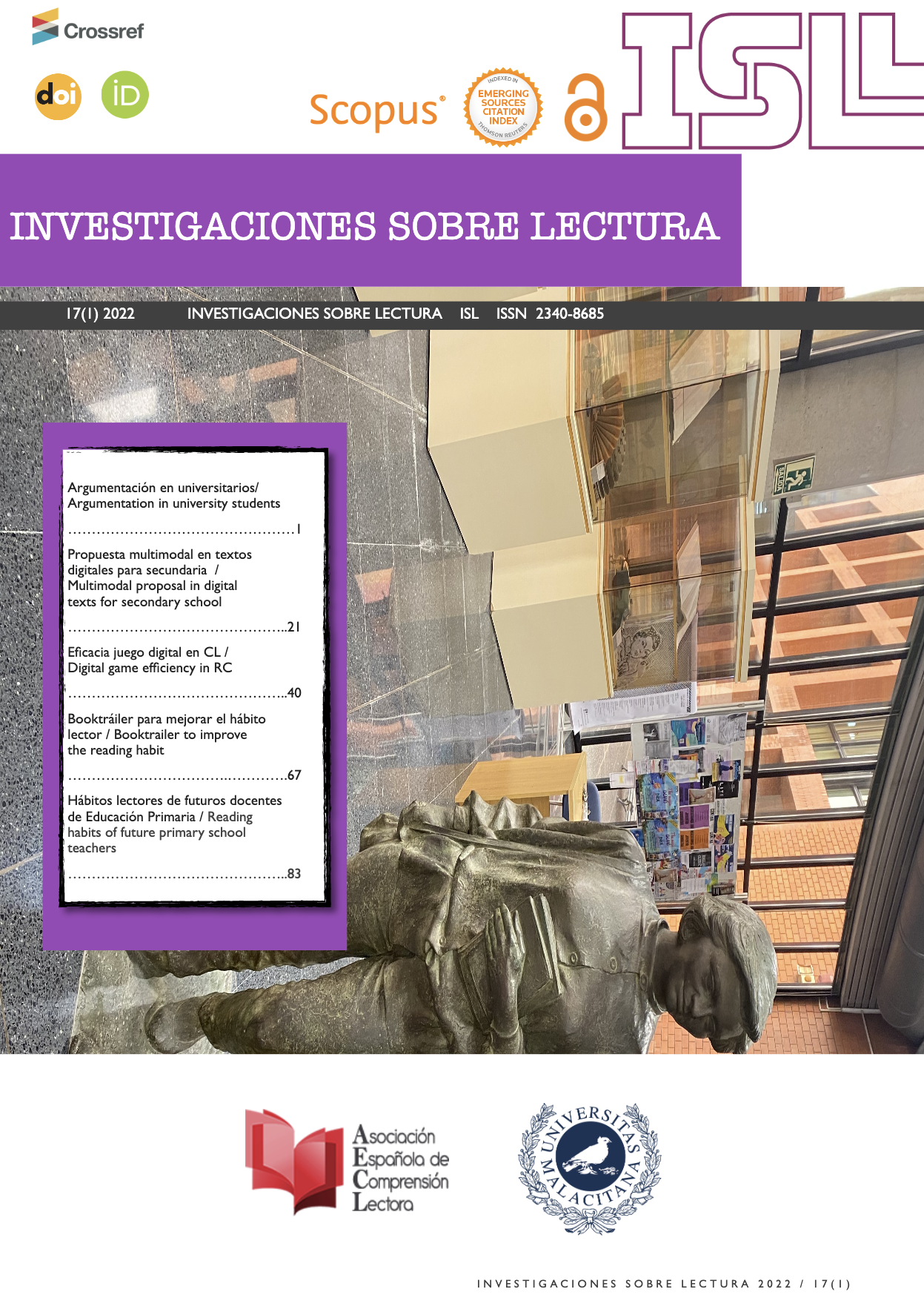




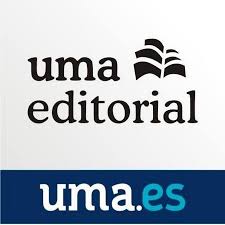
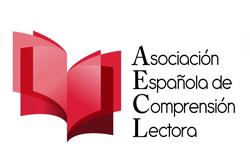
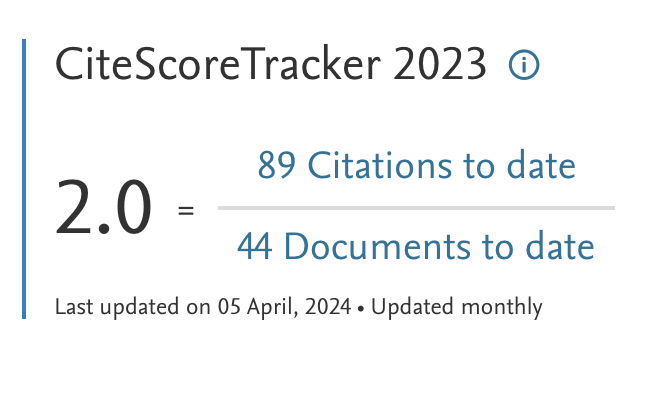
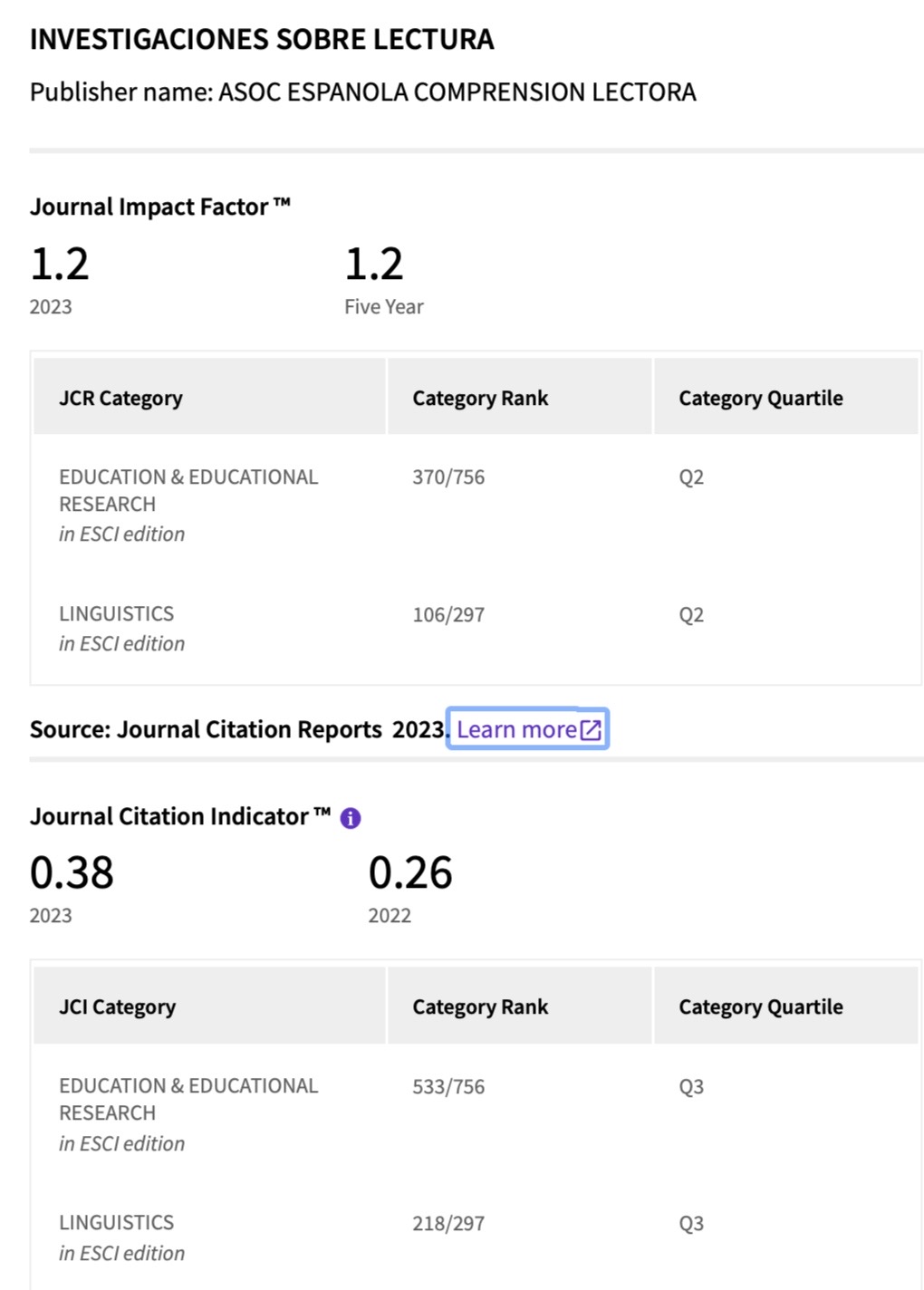
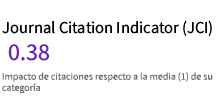
31.png)









